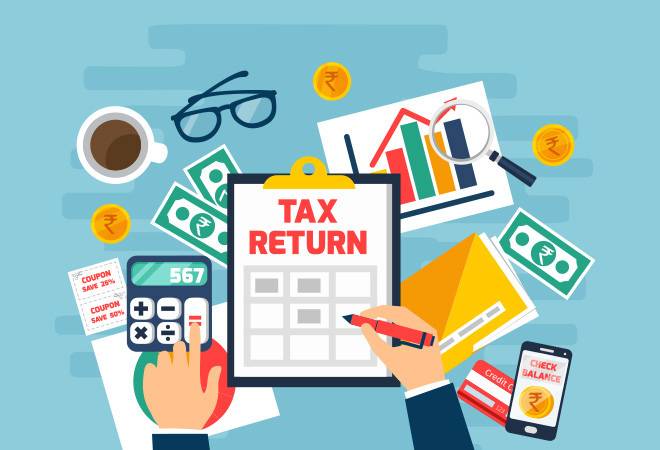Do You Need to File a Tax Return?

Filing a tax return is an essential part of financial responsibility, but not everyone is required to file. Whether or not you need to file a tax return in the United States depends on several factors, including your income, filing status, and specific circumstances. Let’s break it down step by step to help you determine if filing is necessary for you.
Income Level: The Primary Factor
Your income level is the most significant factor in determining whether you need to file a tax return. Here are the thresholds for 2024 (taxes due in 2025):
- Single Filers Under 65: Must file if gross income exceeds $14,600.
- Married Filing Jointly:
- Both under 65: $29,200.
- One spouse 65 or older: $30,700.
- Both 65 or older: $32,200.
- Head of Household: Must file if income exceeds $21,800.
- Qualifying Widow(er) with Dependent Child: Must file if income exceeds $25,700.
Note: These thresholds include both earned income (e.g., wages, salaries) and unearned income (e.g., interest, dividends).
Special Circumstances Requiring Filing
Even if your income is below the threshold, certain situations may require you to file a tax return:
- Self-Employment Income:
- If you earned $400 or more from self-employment, you are required to file a tax return to report and pay self-employment taxes.
- Recipients of Form 1099:
- If you received income reported on a Form 1099 (e.g., freelance work or independent contracting), you must file, even if the amount is small.
- Advance Payments or Credits:
- If you received advance payments for the Premium Tax Credit (health insurance subsidies) or other refundable credits, you need to reconcile these on your tax return.
- Withheld Taxes:
- If federal taxes were withheld from your paycheck, you might want to file to claim a refund, even if your income is below the filing threshold.
- Dependents with Income:
- If a dependent child has unearned income over $1,250 or total income over $12,950, they may be required to file.
- Non-Resident Aliens:
- Individuals earning U.S.-sourced income may need to file Form 1040NR or 1040NR-EZ, depending on their circumstances.
Benefits of Filing Even If Not Required
Filing a tax return can be beneficial even when it’s not mandatory. Here’s why:
- Claim Refunds: You may be eligible for a refund if taxes were withheld from your income.
- Earn Tax Credits: Refundable credits like the Earned Income Tax Credit (EITC) or Child Tax Credit can provide a financial boost.
- Establish a Filing History: Having a consistent filing record can help with loan applications, visa processes, or other official needs.
- State Tax Requirements: Some states may require a tax return even if the federal government does not.
What Happens If You Don’t File?
Failing to file when required can result in penalties and other consequences:
- Failure-to-File Penalty: Generally 5% of unpaid taxes for each month the return is late, up to 25%.
- Loss of Refunds: Refunds are forfeited if not claimed within three years of the original due date.
- Interest on Unpaid Taxes: Interest accrues daily on unpaid taxes, increasing your liability over time.
- Legal Action: In extreme cases, not filing can lead to criminal charges.
How to Determine Your Filing Requirement
Here are steps to assess if you need to file:
- Check Your Income: Compare your total income to the thresholds for your filing status and age.
- Review Special Situations: Determine if self-employment, withheld taxes, or other circumstances apply to you.
- Consider Tax Software: Use tools like TurboTax or the IRS Free File program to guide you.
- Consult a Professional: If your situation is complex, a tax advisor or CPA can provide clarity.
Final Thoughts
Filing a tax return may seem overwhelming, but knowing whether you’re required to file is the first step toward simplifying the process. Understanding income thresholds, recognizing special circumstances, and considering the benefits of filing even when not required can help you make an informed decision. If you’re still unsure, seeking professional advice is always a good idea.



